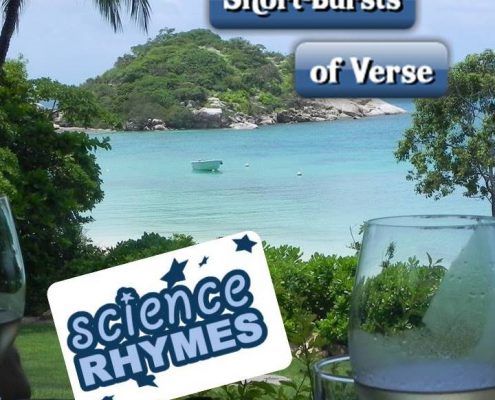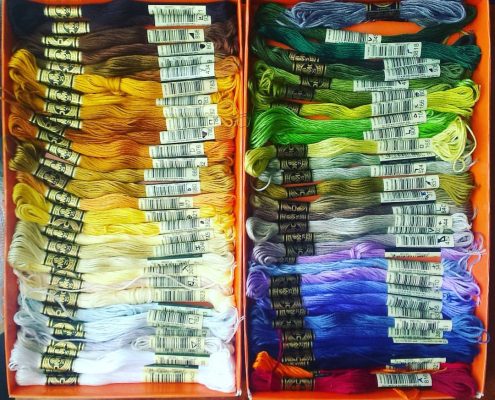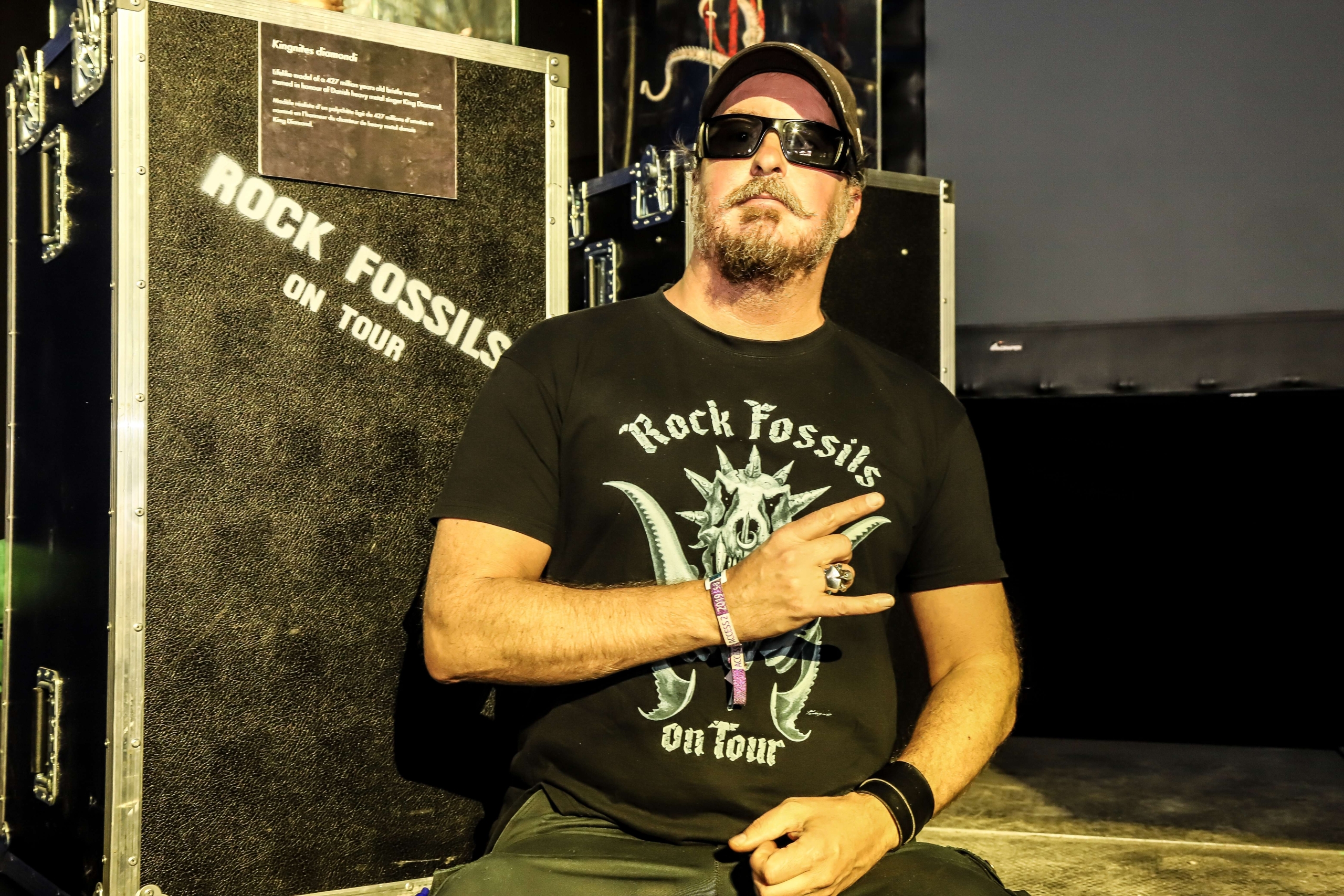Crastina is a platform for the exchange of experience, knowledge and inspiration regarding both scientific peer-to-peer communication and science dissemination
- What? An international network of (mostly young) people who love to communicate science & tech.
- Why? We think science needs to be communicated with more passion and professionalism.
- Where? On our website with interviews & resources + on social media + on Skype and IRL.
- Who? A content group (the Crew), a think tank (the Academy), + lots of friends & contacts.
- When? Right now – as a matter of fact, we’ve just geared up.

Short bursts of verse by Celia Berrell of Science Rhymes
What’s your tactic for disseminating science concepts to children and others? For Celia Berrell of Science Rhymes the answer is obvious: “Adding poetry, rap or lyrics to your presentation can engage, entertain and educate!” So put on your…

Break it Down: Refreshing Science Communication
Break it Down (www.breakitdown.eu) is a Belgian science communication collective of rebel scientists, storytellers and designers, each with their own field of expertise. Break it down helps you to break down your message, communicate it to…

Science and aesthetics – two complementary views of the world
According to Kyiv-based genetics student Anastasiia Semenova, scientists “still seek and create aesthetic elements in science”. Here she shares some reflections after reading the book To Explain the World: The discovery of modern science…


















